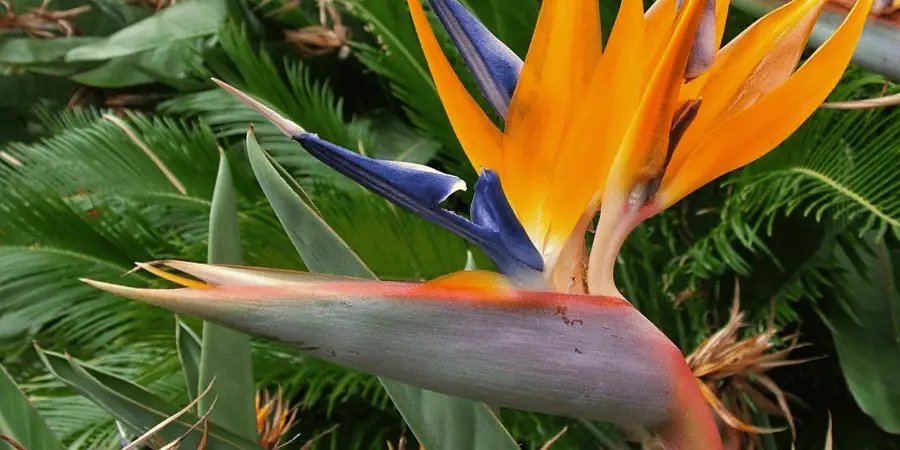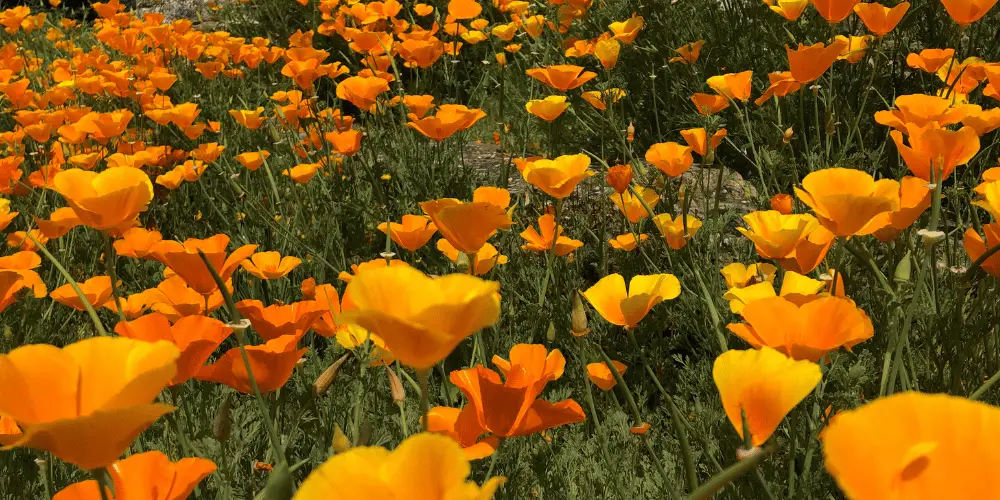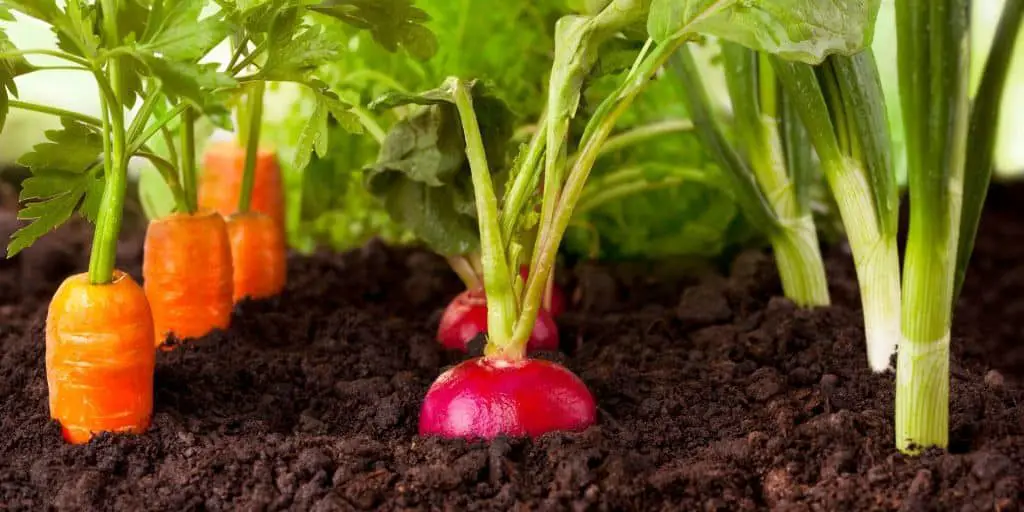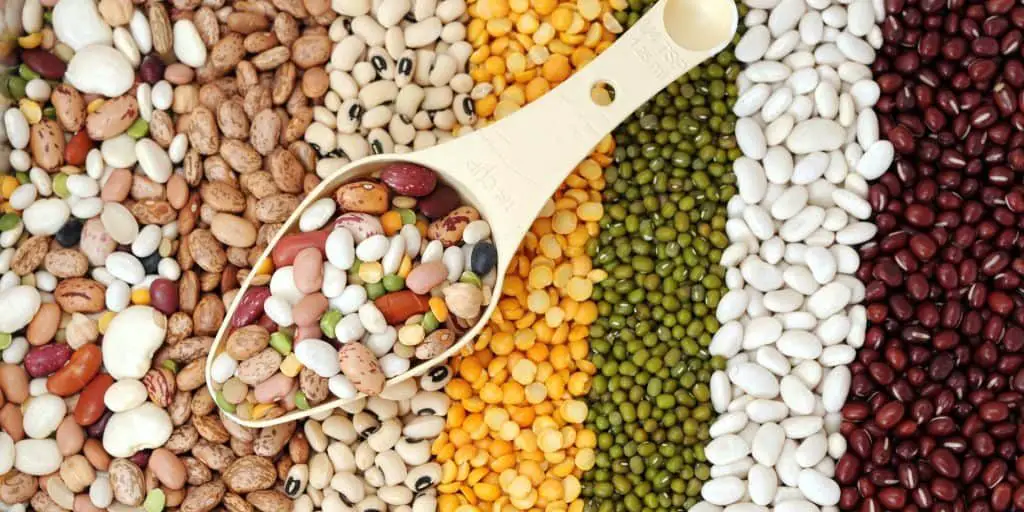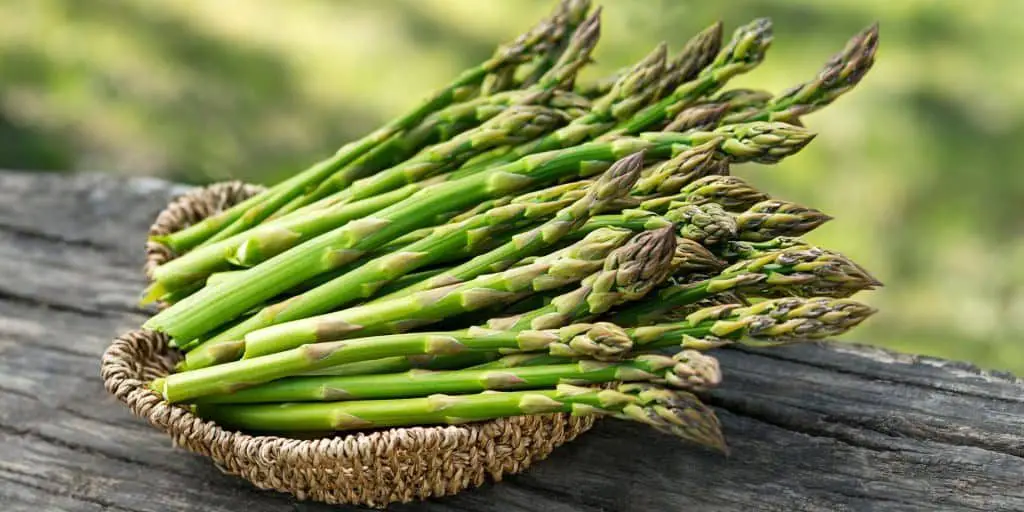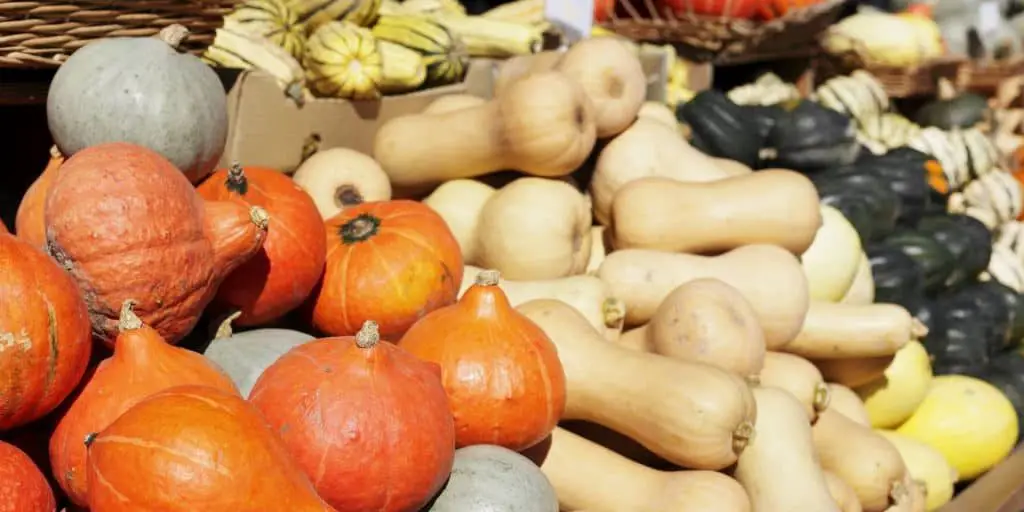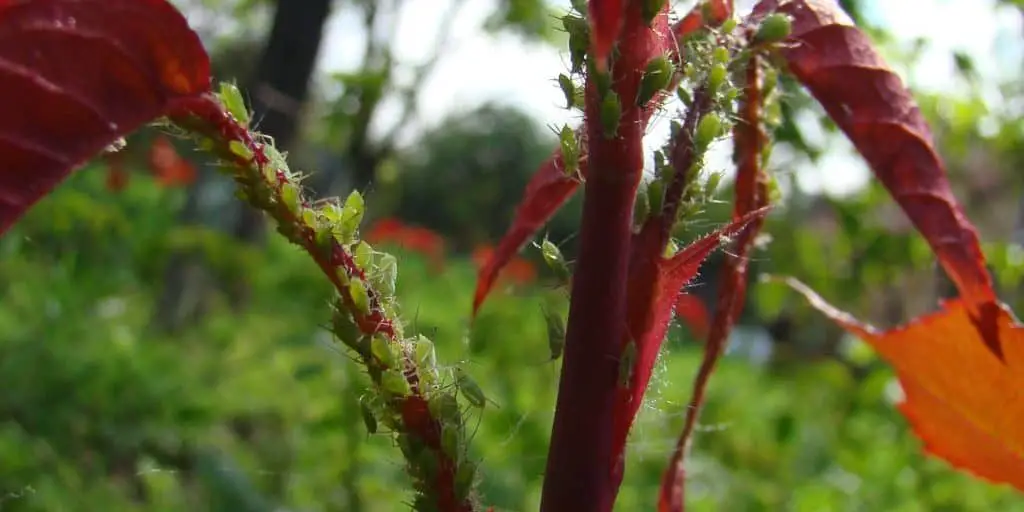
How to Handle an Aphid Infestation In Your Garden
It’s the late summer, and that means that suddenly, you have a full-blown aphid infestation in your garden. How can you get rid of these pests and save your plants from being slowly devoured? Keep reading to learn how to handle an aphid infestation in your garden!
You can effectively control aphids in the garden by making your garden a less hospitable environment for them in general, removing aphids physically, introducing natural predators, and applying organic and insecticidal soaps.
This sequence follows Integrated Pest Management protocols, which we’ve talked about before on the site, and is meant to be implemented together. You’ll get a better result from combining control measures than you will searching for one silver bullet.
Want to know more about aphid prevention and control? Keep reading!
One: Make you garden less appealing to aphids
Aphids really thrive in areas that are more wet than they need to be, so one simple way to reduce aphids is to make your garden less wet.
Do you have areas where water collects? Consider installing a French drain, or use gravel to improve drainage.
Do you use overhead sprinklers to water all your plants, including trees and shrubs? This puts water on the trunks and leaves of these plants, which draws aphids in. Instead, use drip line or soaker hoses for trees and shrubs, and leave sprinklers on the lawn.
Also consider watering less frequently, if possible. For example, if you water your vegetable garden every morning for twenty minutes, try switching to a schedule where you water every other day for forty minutes, or even every third day for an hour. Your garden will still receive the same amount of water, but the moisture will be pushed deeper into the soil where the roots can access it, while the top inches of soil–where aphids would dwell–will dry out.
You can also introduce plants with strong scents that aphids tend to avoid. These include:
- Chives and garlic chives
- Sage
- Oregano
- Garlic
- Leeks
- Onions
Conversely, you can make the rest of your garden less appealing to aphids by planting trap plants–plants that aphids prefer and will target before others. Calendula and chamomile are the best trap plants for aphids.
Two: Remove the aphids physically
Physical removal can be very effective with aphids because their gripping power is actually very weak, and they have no natural defense like exoskeletons or biting parts. They overwhelm through numbers, not ferocity.
One method of physical removal is simply to squish the aphids. This works best if the infestation is limited to one or two plants, and we recommend wearing an old pair of gloves. Aphids tend to congregate on the underside of leaves and in the protected growing points close to the stems, so make sure to target and thoroughly inspect these areas. Use your fingers to gently rub and pinch the leaves and stems, eradicating aphids as you go.
Another method is the “hose-down.” This is more efficient for large infestations or larger plants, like shrubs or trees. Turn the water on to your hose with enough pressure that you can get a good spray using your thumb or a nozzle (like this one from Amazon) over the opening. Use the spray to target any visible aphids, along with the undersides of leaves and any protected nooks and crannies where they might be hiding out. Don’t do a hose-down in the middle of the day; early morning or later evening is better to avoid sun scorch.
The key to both these methods is to repeat them every day for several days in a row. One time won’t be enough to break the population build up, but multiple days will wipe out many or even all.
If, however, it wasn’t quite enough to take care of aphids and they’re still hurting your plants, you can move on to the next step in the IPM pyramid: biological controls i.e. natural predators.
Three: Introduce natural predators
Ladybugs are widely known for their aphid-devouring ways, but truthfully they have plenty of other natural predators that can make just as much of a dent in your aphid problem.
Praying mantises are actually often more effective than ladybugs because they are less likely to leave the area.
Lacewings are also effective aphid eaters, especially in their larval “aphid lion” stage, which can eat up to 60 aphids an hour.
You can also use attractant lures, which draw in mantids, lacewings, and a whole host of other aphid-eating beneficials to your immediate garden area.
You should also control any anthills in your garden! Ants will actually farm aphids because they like to harvest the sticky, sweet aphid excretion known as honeydew. Use ant bait or other traps to reduce ants and thus reduce aphids.
If you’ve tried steps one through three and your aphid population is still out of control, it’s time to move on to the big guns: insecticides.
Four: Apply organic pesticides and insecticidal soaps
There are non-organic pesticides for aphids on the market, but they’re never safe to use on any fruit or vegetable that you might consume, and they are more risky to use around living areas, dogs, and kids, so we’re going to stick with our organic recommendations for this one.
Aphids, as we mentioned, are soft-bodied insects, which means that they easily absorb poisonous substances–even something as innocuous as soap is fatal to them once it makes contact. Here are our favorite insecticidal soaps:
You can also DIY this one with a castile soap (such as Dr. Bronner’s); mix 2.5 tablespoons of castile soap with a gallon of water. Two tablespoons of vegetable oil will help it to stick better. Make sure to mix well to create a true solution!
Aside from insecticidal soaps, a very effective aphid insecticide is Dr. Earth’s Final Stop Yard and Garden Insect Killer. This insecticide kills more than aphids, but it is a safe and convenient option thanks to its hose-end nozzle–all you have to do is screw in your hose and fire away. We think it’s an especially good choice for aphid-infested trees that have already been hosed down and need a more powerful touch.
For fruit trees that get aphids year after year, use an organic dormant oil over the winter to smother aphid eggs as well as any overwintering insects. You can technically use this oil throughout the growing season, but it can smother beneficial insects like bees and butterflies as well as pests, so don’t spray when things are blooming! The same danger exists with neem oil, so take care!
The Big Takeaway: More is better
When it comes to aphids, control is possible, but effective control involves more than just one insecticide. Combine your insecticides with multiple other IPM control measures to get the best results and have a beautiful, aphid-free yard and garden!
